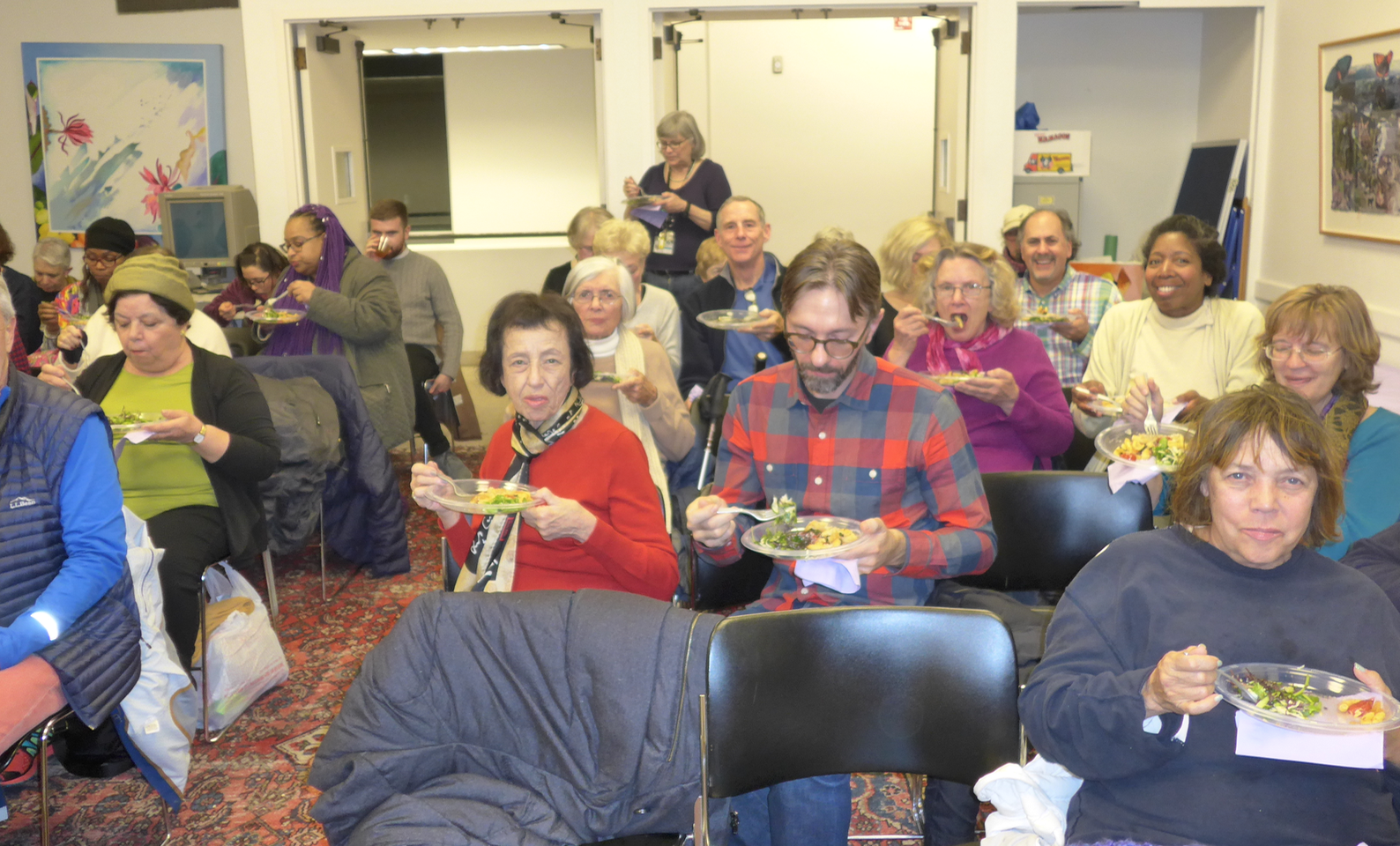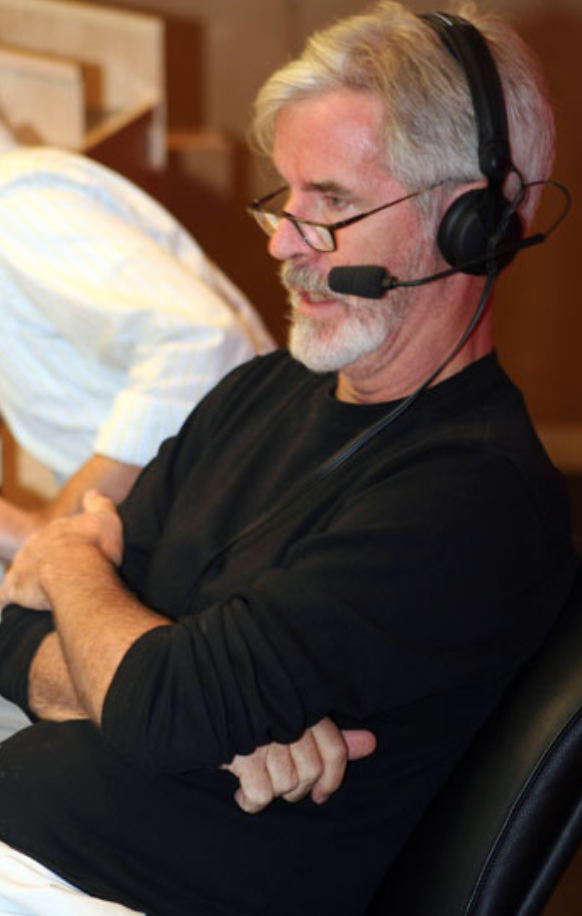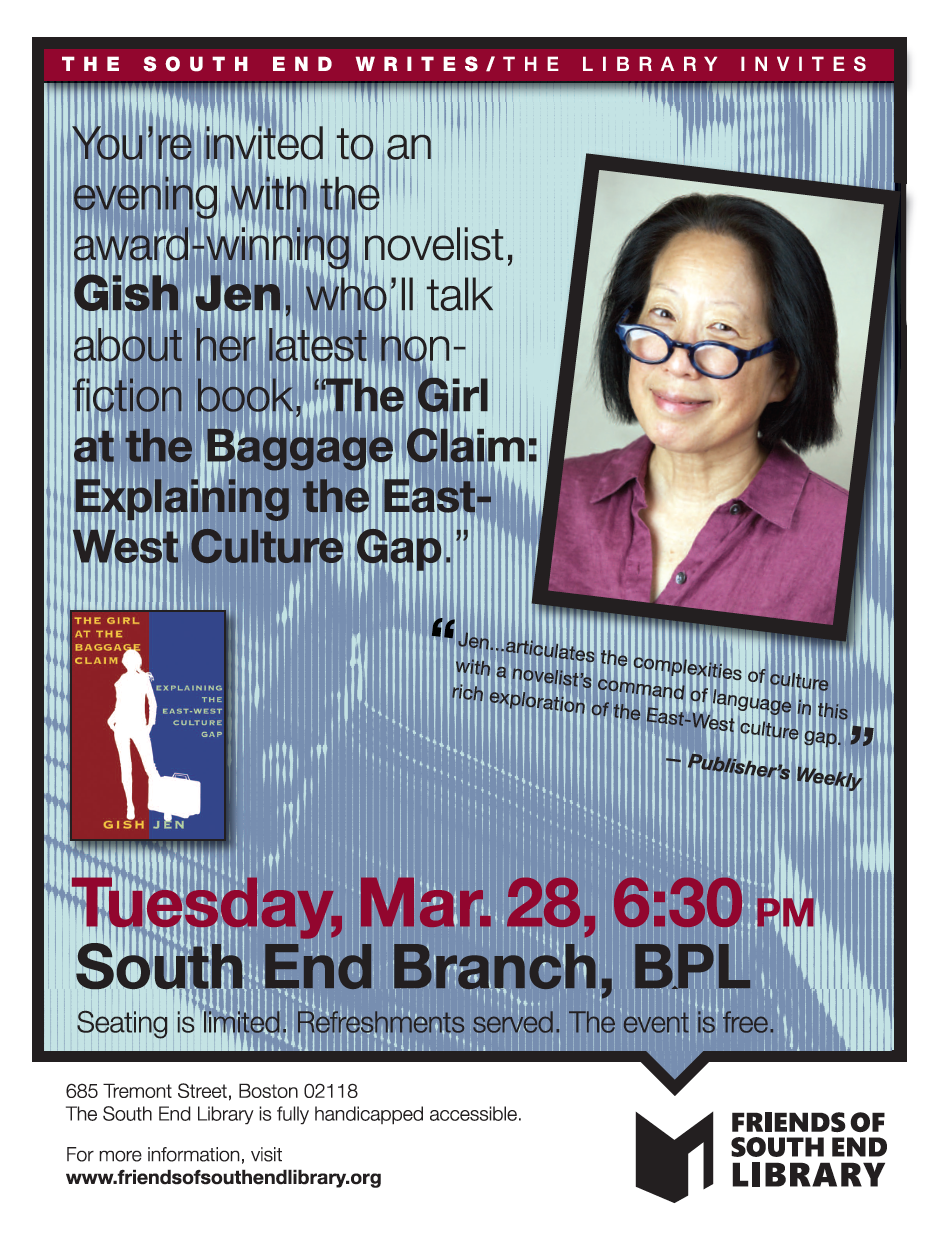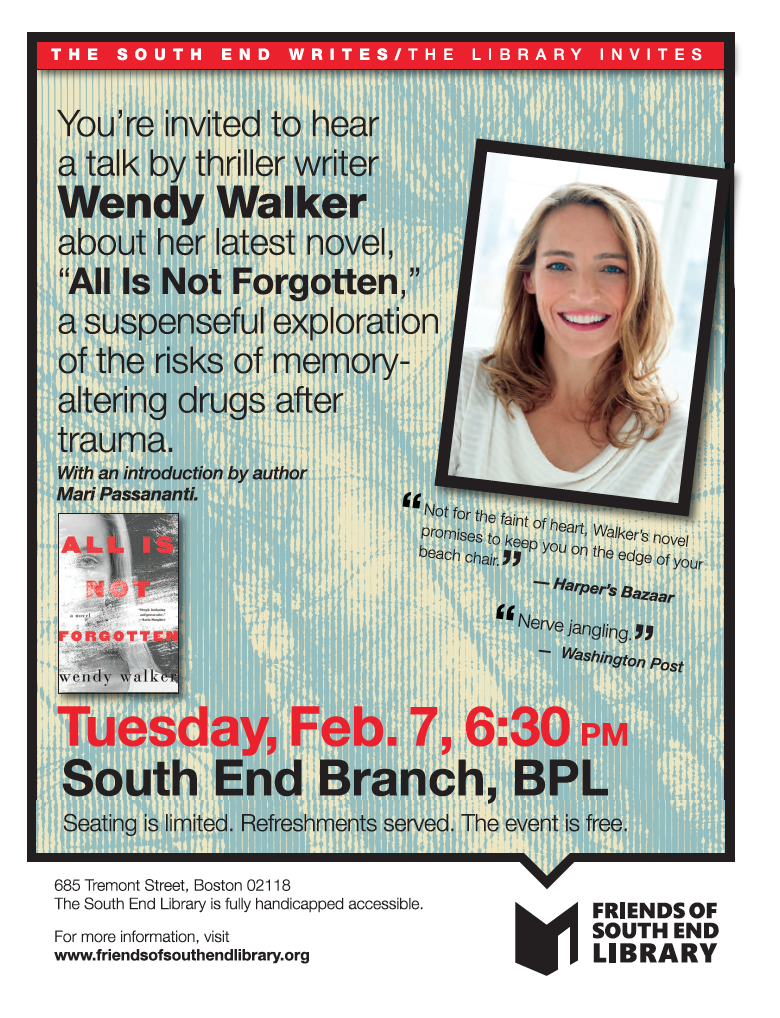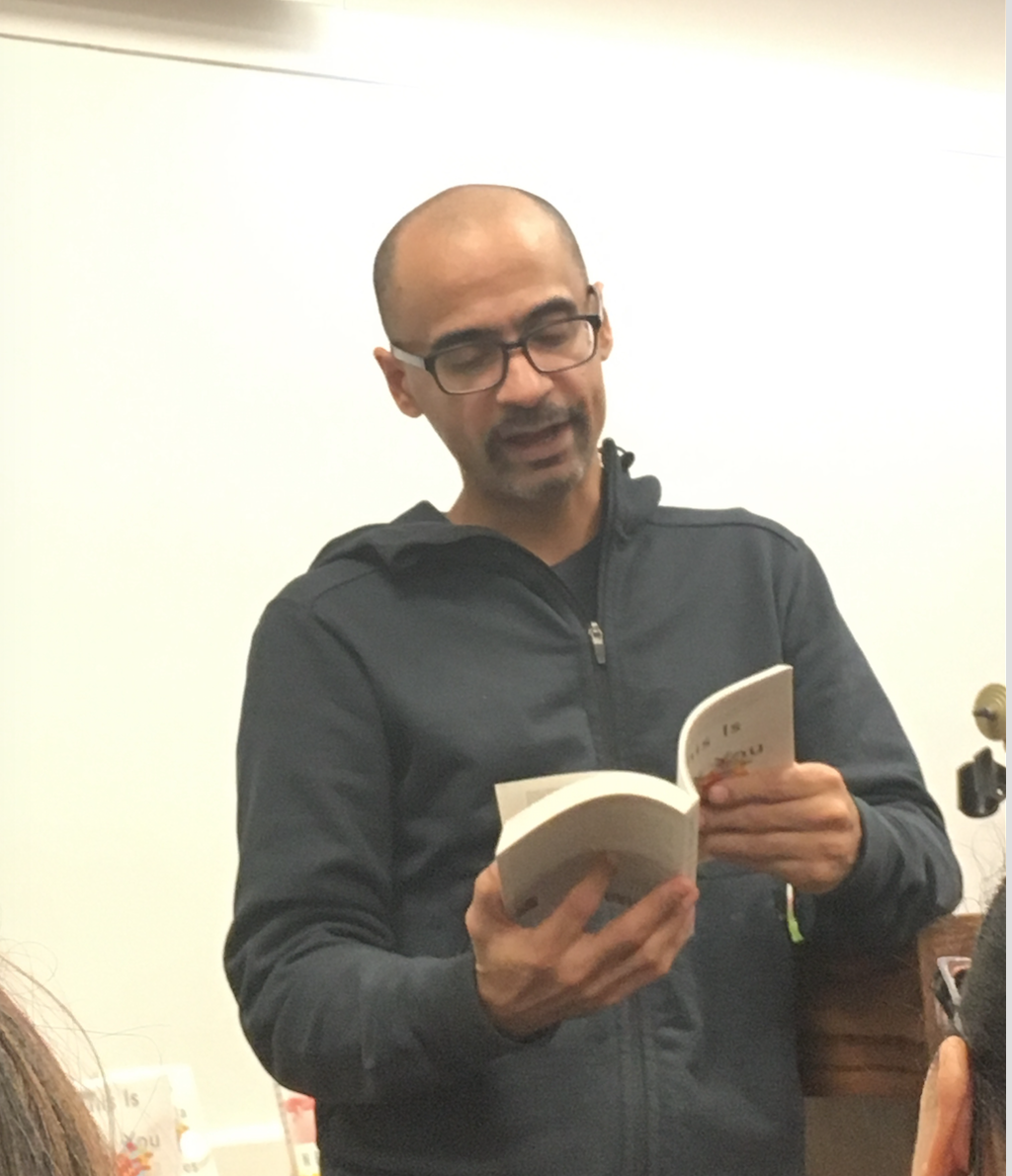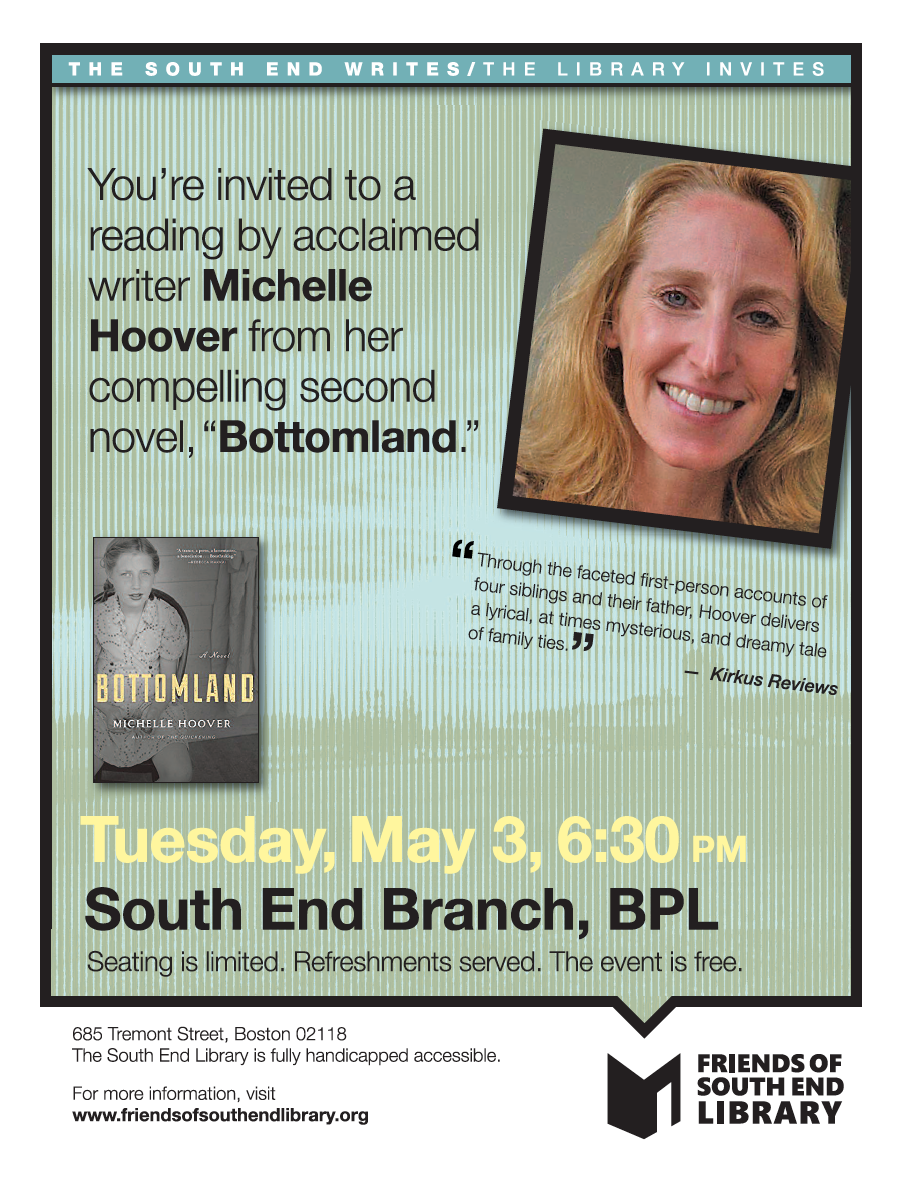Russ Lopez, who came to the South End library in February to talk about his latest dive into Boston's history with, Boston 1945 - 2015: The Decline and Rise of a Great World City, told the audience that the best thing Boston did for its neighborhoods to preserve housing was 'linkage,' establishing affordable housing units as part of the development of luxury housing. But, he added, having grown up in Southern California and watched the impact of eBay, Netflicks and Apple on his family's neighborhoods, he feared that 50,000 new Amazon employees coming here threatened to displace as many people living in Boston now. "We don't have room for 50,000 wealthy residents," said Lopez. "Those 10,000 jobs require schools and 10,000 housing units." And Boston can't do it alone, he pointed out. The Federal government needs to step up to assist in building the infrastructure needed for new housing, including transportation and schools.
Lopez was introduced by the South End's new District 2 Councilor, Ed Flynn, who said that one of the biggest challenges in the newest Boston district, the Seaport, is transportation. "I can't explain to people how to get to where they want to go," Flynn said. "If people want to relocate there, the question is 'what about public transportation?' There is no way for the workforce to get there." Lopez described the Seaport development as a 'massive failure of urban planning." He explained that the Seaport area was set up for the automobile as an industrial park, with big streets and big bocks for big buildings. By the time it was laid out under the Menino administration, there was no longer much demand for industrial use. Instead of revisiting and rethinking the original zoning, office and residential buildings were simply built on top of the industrial site plan. "It's pedestrian hostile, and a failure of lands and design," Lopez commented.
Lopez, whose earlier work, Boston's South End: The Clash of Ideas in a Historic Neighborhood, focused on the disastrous impact on neighborhoods when urban planners ignore public processes, documents in his recent book how the apparent unstoppable downward spiral of Boston since the 1920s somehow righted itself into something new and vastly better. He maintains that Boston's business class was simply 'out of ideas.' There never was a 'roaring Twenties' in Boston, nor a 'baby boom,' Lopez recounted and a survey by the Brooking Institute in the late 1970s listed Boston as in worse shape than Detroit and Baltimore. But it somehow turned around because, Lopez said, 'everyone in Boston stayed.' Even during the catastrophic conflicts over busing, mostly people stayed because they felt this is where they lived and wanted to make a stand.
Author Russ Lopez, listening to newly elected Councilor Ed Flynn, who said he wanted to work hard for the library and would be there as a strong leader for the South End
Lopez is an adjunct assistant professor in Environmental Health at the Boston University School of Public Health and received his Master of City and Regional Planning degree from the Kennedy School of Government at Harvard University. He worked at the State House and City Hall for, among other people, Mayor Ray Flynn, the father of the current District 2 councilor, Ed. Lopez recalled that when Mayor Flynn asked him about his background, Lopez said he was Mexican, Italian and a little bit Irish. "You'll go far," Flynn said, "but the next time someone asks, say you're 'Irish, Italian and a little bit Mexican.'"








